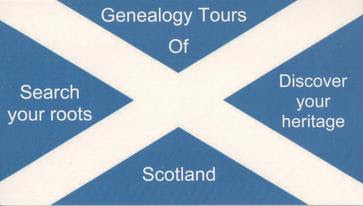Friendly societies in Scotland were the early form of social assistance. These groups were member driven, self-help groups where people with a common cause would come together to assist one another in times of need. They may also have been known as fraternal organizations, mutual aid societies or benefit clubs.
Many of these organizations grew out of the Guild system where guild members would pay a small amount into the “kitty” so that any time one of the members required assistance such as money when they were unable to work, or payment for a funeral and then a small donation or even a small stipend would be made to the widow and any surviving children.
These organizations allowed people to get assistance without the degradation of having to apply for charity or poor relief. The members took great pride in their organizations since the societies were member driven. These societies were also the impetus for helping members to understand the need to plan for their future or for a “rainy day” The help that these societies provided was critical during the Industrial Revolution when so many might have been out of work and unable to qualify for poor relief. These societies literally kept their members from begging on the streets. Indeed, one of the questions on a poor relief application was whether or not the applicant was a member of a friendly society. The expectation was that the friendly society was where they should have been seeking help, not the city council or poor inspector.
Since the members took turns being in charge of the societies (office bearers), membership might also have provided them with new skills that could assist them in advancing in their place of employment.
Many of these societies also provided social activities for their members – picnics, day trips for widow and children, dances and perhaps even some light theatre events. Again, organizing such events also provided skill training for the members who were on the committees who arranged the events.
Some friendly or benevolent societies were instrumental in building schools for orphaned children or residences for senior care.
And some friendly societies were also the place where
emigrants could apply to get help with paying for their passage to the new world.
This might have been the way for them to get their third of the passage before the
emigration societies would provide the rest.




No comments:
Post a Comment